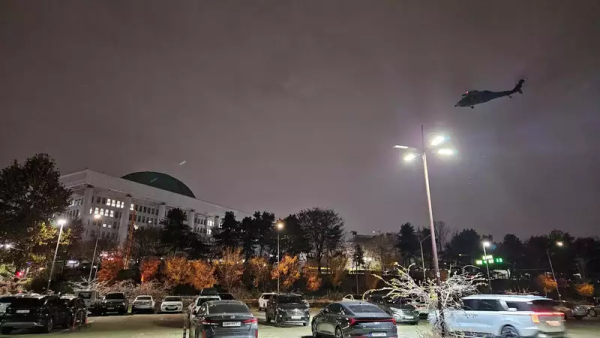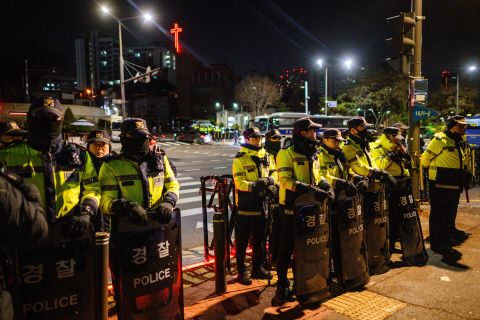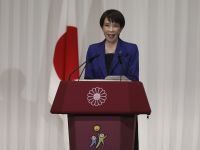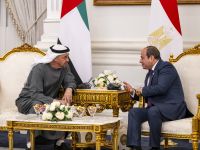ALBAWABA- South Korea’s opposition parties have formally submitted a bill to impeach President Yoon Suk Yeol following his controversial and short-lived declaration of martial law.
The unprecedented move has thrown the country into political turmoil, with lawmakers accusing Yoon of attempting to seize control of the National Assembly by deploying 250 elite troops to the parliamentary building.
Opposition MP Kim Seung-won called Yoon's actions "an unforgivable crime," adding that the martial law declaration sought to ban political activity and censor the media in one of Asia’s leading democracies.
Yoon had justified the decision by citing unspecified threats from “pro-North Korean anti-state forces.” However, parliament, with a near-unanimous vote, overturned the martial law within hours.
The failed attempt sparked public outrage, with thousands gathering for candlelight vigils in Seoul, echoing the mass protests that led to the impeachment of former President Park Geun-hye in 2017.
Opposition lawmakers are set to vote on the impeachment bill by the weekend, requiring a two-thirds majority to proceed.
The fallout rattled financial markets, with South Korea’s KOSPI index dropping 1.4%, while major employers advised remote work due to the unrest. Meanwhile, labor unions, including Hyundai Motor, have announced strikes in protest.
As international reactions pour in, U.S. Secretary of State Antony Blinken welcomed Yoon's decision to rescind martial law but expressed concerns over the political instability.
Observers note that Yoon’s declining popularity—now hovering around 20%—and his hardline stance against labor unions and critics may further polarize the nation.
If impeached, Yoon faces trial in the constitutional court, which could remove him from office if six of nine justices approve. Prime Minister Han Duck-soo would assume leadership until a new election is held.
This marks the first martial law declaration in South Korea since 1980 and underscores growing tensions in the country’s political landscape.
South Korea now faces a critical moment, with democracy and stability hanging in the balance as calls for Yoon’s resignation intensify.











